Unlock the potential of hardware programming with MicroPython in this comprehensive course. Designed for beginners, this course will guide you through the world of MicroPython, a powerful programming language specifically tailored for microcontrollers. With a focus on hands-on learning, this course starts with an introduction to MicroPython and provides a step-by-step walkthrough of its key features. Discover the concept of a microcontroller and explore the reasons why MicroPython is an excellent choice for hardware programming.
Delve into the core aspects of MicroPython hardware programming as you learn about the MicroPython workflow and gain insights into creating and deploying code using an Integrated Development Environment (IDE). Get hands-on experience with the ESP32 board, a versatile microcontroller board compatible with MicroPython. Through practical examples, such as blinking an LED, fading LED lights, and controlling GPIO pins, you will gain a solid understanding of general board control using MicroPython. Explore advanced topics, including timers and delays, Pulse Width Modulation (PWM), Analog-to-Digital Conversion (ADC), and communication protocols such as SPI and I2C.
Troubleshooting tips will be provided to help you overcome common challenges, ensuring a smooth learning experience. The course will conclude with additional resources for further exploration and a final overview. Whether you are a beginner or have some prior coding experience, this course will equip you with the skills and knowledge to confidently program and control hardware using MicroPython. Join us now and embark on a journey of hardware programming innovation with MicroPython.
What Will You Learn?
- Introduction to MicroPython and its applications in hardware programming.
- Understanding microcontrollers and the advantages of using MicroPython for hardware programming.
- Walkthrough of MicroPython’s key features and functionalities.
- Creating and deploying code using an Integrated Development Environment (IDE) for MicroPython.
- Working with the ESP32 board, a popular microcontroller compatible with MicroPython.
- Practical examples, including blinking LED lights and fading LED lights, to solidify your understanding of hardware control with MicroPython.
- Exploring GPIO pins and their role in hardware programming.
- Utilizing timers and delays for precise timing operations in MicroPython.
- Implementing Pulse Width Modulation (PWM) for controlling the intensity of output signals.
- Introduction to Analog-to-Digital Conversion (ADC) for reading analog input signals.
- Communicating with other devices using the SPI and I2C communication protocols in MicroPython.
- Troubleshooting tips and techniques for common hardware programming challenges.
- Additional resources for further exploration and expanding your knowledge of MicroPython.
- A comprehensive understanding of hardware programming in MicroPython, empowering you to create your own projects and applications.
Who Should Take The Course?
- Beginners who want to learn hardware programming and are interested in exploring the capabilities of MicroPython.
- Students and hobbyists who want to dive into the world of microcontrollers and develop their own hardware projects.
- Programmers and developers who wish to expand their skillset to include hardware programming using MicroPython.
- Electronics enthusiasts who want to understand the potential of MicroPython for controlling and interacting with hardware components.
- Engineers and designers seeking to enhance their knowledge of embedded systems and IoT by learning a versatile programming language like MicroPython.
- Professionals in the field of IoT, robotics, and automation who want to leverage the efficiency and flexibility of MicroPython for their hardware applications.
- Anyone with a curiosity about hardware programming and a desire to explore the possibilities of using MicroPython for controlling microcontrollers and creating interactive projects.
Course Features
- Lectures 50
- Quiz 0
- Duration 5h 8m
- Skill level All levels
- Language English
- Students 1
- Certificate Yes
- Assessments Self
Curriculum
- 24 Sections
- 50 Lessons
- 365 Days
- Introduction & Getting Started3
- MicroPython Walkthrough3
- What is A Microcontroller?1
- Why MicroPython?2
- MicroPython Hardware1
- MicroPython Workflow2
- Create and Deploy Code using IDE2
- ESP32 Board with MicroPython4
- Practical: Blink Led Practical Example1
- Practical: Led Fading Example1
- Practical: Fading an LED In and Out1
- General board control1
- Timers and Delay1
- Pins and GPIO1
- PWM (pulse width modulation)1
- ADC (analog to digital conversion)1
- SPI bus1
- I2C bus1
- Troubleshooting Tips3
- The End1
- Extra2
- Python Coding for Beginners14
- 23.1Introduction3 Minutes
- 23.1Why Python3 Minutes
- 23.1Download and Install Python12 Minutes
- 23.1Hello World and Help Function9 Minutes
- 23.1Variables and basic data types in Python12 Minutes
- 23.1Commenting your code7 Minutes
- 23.1Reading keyboard input11 Minutes
- 23.1Exercise – Build a program to say Hello5 Minutes
- 23.1Exercise Build a simple calculator app8 Minutes
- 23.1Conditional Statement15 Minutes
- 23.1Loops For Loop14 Minutes
- 23.1Loops While Loop8 Minutes
- 23.1Exercise UserName and Password5 Minutes
- 23.1Another Python IDE Editor that you can use for this section2 Minutes
- Bonus Lecture: Gifts, Coupons, and More1
- Premium Certificate & Transcript1


